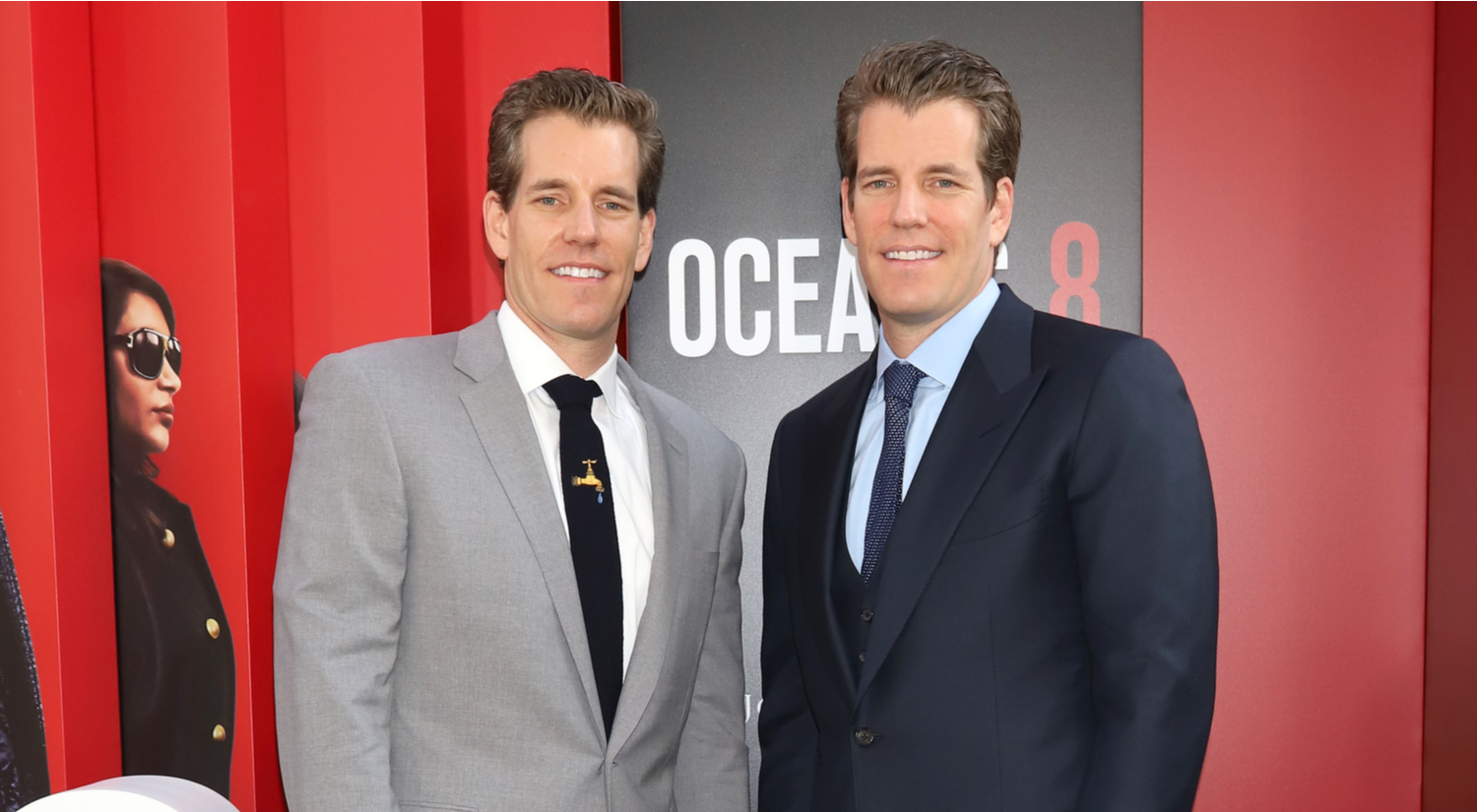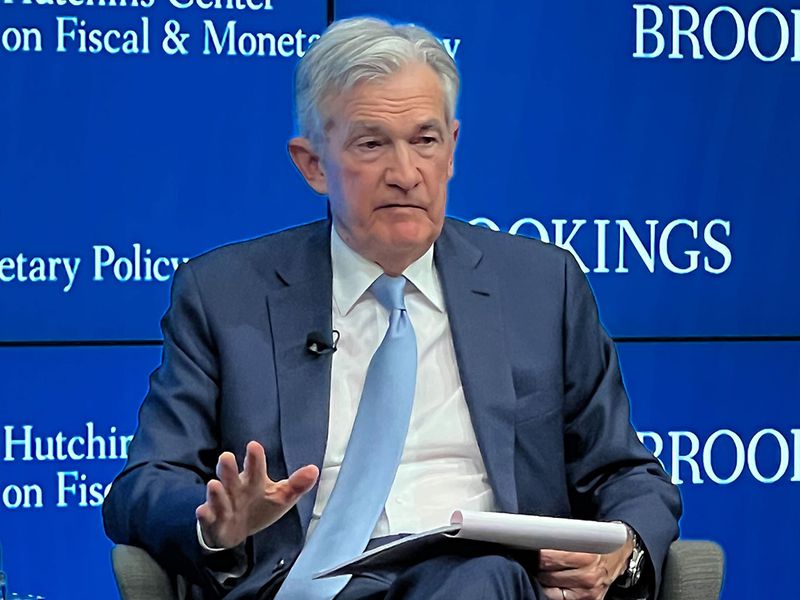New Bitcoin Mutual Fund Eases Crypto Investing for Eager-Yet-Wary Asian Investors

Hong Kong-based venture capital group CMCC Global launched its Liberty Bitcoin Fund to provide crypto currency access to accredited investors in Asia who are very interested but have been slow to buy the coins directly.
The Liberty Bitcoin Fund is a single-asset passive tracker of Bitcoin and offers services including buying and safekeeping coins.
“We have received more and more questions over the years from our existing investor base about whether we could help them buy Bitcoin,” Martin Baumann, managing partner of CMCC Global, told CoinDesk. “The new fund is really a demand-driven.”
CMCC Global has set up three funds since 2016. All of the funds are focused on investments in proprietary technical infrastructure such as ethereum network where developers can build applications.
The funds have raised more funding from high net worth individuals, family offices assets and institutional investors over time. The first fund in the CMCC Liquid VC series gathered $1 million while the other two successors received $3.5 million and $30 million.
Baumann said the anchor investor for the third fund is one of the largest family offices in Asia, while declining to reveal the identity of the investor due to privacy and regulatory requirements.
Japanese messaging app Line also invested in the third fund, Baumann added.
The latest fund uses ANXONE Custody, a proprietary digital asset safekeeping system with insured wallets provided by custodian BC Group, a digital asset technology company publicly listed on Hong Kong Stock Exchange.
Growing Demand for Digital Asset Class
There is rising demand for cryptocurrencies as an asset class for traditional funds, industry pros said.
“As digital assets mature and gain recognition, such as being included in mutual funds and ETFs, this volatility should slowly subside, making it a more appropriate investment in multi-asset portfolios,” Kostya Etus, portfolio manager at CLS Investments, a money management firm, told CoinDesk.
As digital assets grow to be perceived as a legitimate investment in portfolios, mutual funds have become one of the most accessible ways to own crypto.
“Investors who prefer not to open accounts specifically for digital assets would be able to purchase mutual funds within their standard brokerage accounts and maintain all of their assets in one place.” Etus said.
While cryptocurrencies might not be as stable as traditional asset classes including fixed income and equity, Etus pointed out their price movements tend to be non-correlated with other asset classes, increasing the diversification benefit of adding crypto to already diversified portfolios.
Despite the benefits, volatility in digital assets such as Bitcoin is very high, sometimes moving more in one day than some asset classes do in years, Etus said. “This extreme volatility may be dangerous and detrimental to portfolio returns.”
In addition, the Asia Pacific region remains one of the most deep pocketed area, with investors eager to invest across asset classes.
According to a PwC report in January, assets under management in the Asia-Pacific region are expected to grow from $15.1 trillion in 2017 to $16.9 trillion in 2020, and then nearly double to $29.6 trillion by 2025, a total compound annual growth rate (CAGR) of 8.7%.
Limited Access in Asia
Crypto investment in Asia is less common than you’d think.
“If you are a billionaire in Hong Kong or anywhere in the world, you don’t get a ledger and tell your analyst to buy some Bitcoin for you, and then he runs away with it. That’s just doesn’t work,” Baumann said.
CMCC is launching its Liberty Bitcoin Fund with the ambition to provide digital asset management services in Asia to be on par with Grayscale in the U.S., Baumann said.
“Investors needed a regulated outfit in which they could invest, something like Grayscale in New York,” Baumann said. “What we’re doing here is a similar story.”
When the company started to invest in digital assets in 2016, it had a hard time to find basic services such as auditing and fund administration, which would have been easy for an equity or a fixed income fund.
“These things did not exist. If you approached a fund administrator, they would not work with you because they wouldn’t work with digital asset companies or crypto companies,” Baumann said. “Or if you approached the bank, you’re having a hard time getting a bank card.”
“You need auditors, you need a licensed fund administrator, you need to have professional care.” he said. “We need an anti-money laundering people, and amongst others you need to have a professional custodian.”










